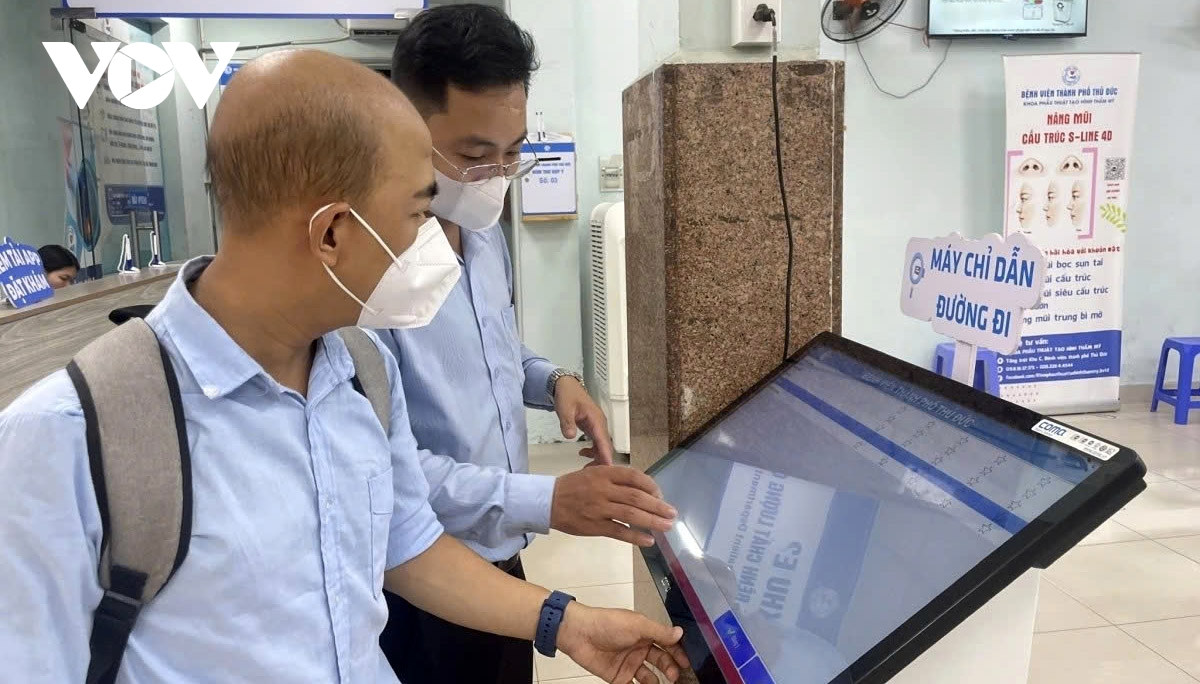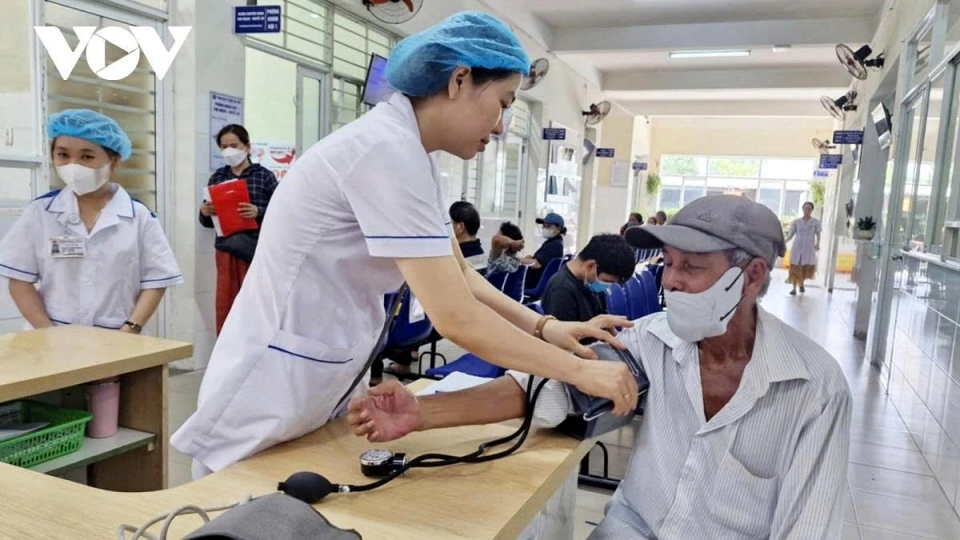Electronic medical records - a critical milestone in healthcare modernisation
VOV.VN - In the context of comprehensive digital transformation, implementing electronic medical records (EMRs) has become an urgent and indispensable need for Vietnam’s healthcare sector.

This is not only a crucial step toward modernising healthcare management but also a way to improve the quality of medical services, increase transparency, and enhance convenience for patients.
Electronic medical records represent the future of health care, reflecting a fundamental shift in management and operation at medical facilities. At many major hospitals, such as Bach Mai Hospital, the first central-level hospital to fully apply EMRs, thousands of healthcare staff have transitioned from paper files to electronic management systems, linking data with the Vietnam Social Security. This has helped shorten examination times and streamline administrative processes, proving the feasibility and effectiveness of digital transformation even in large, complex facilities.
Beyond central hospitals, several localities including Can Tho, Phu Tho, Ha Tinh, and Quang Ngai have also actively implemented EMRs, applying artificial intelligence to detect abnormalities, synchronising software systems, and building effective monitoring networks. These achievements contribute to reshaping a modern healthcare system that benefits both patients and medical staff.

However, the reality shows that the implementation progress still faces significant challenges. Currently, only about 61% of healthcare facilities nationwide have completed EMR deployment, despite the Government and Ministry of Health’s directive that all hospitals must complete EMRs by September 30, 2025.
Many hospitals have not met technical standards or have not officially accepted the system due to limited funding, inadequate technology infrastructure, and shortages of IT personnel. Traditional manual workflows and habits also present major barriers to rapid digital transformation.
Experts hold that for EMRs to become an effective and widespread tool, clearer financial mechanisms are needed to incorporate IT investment costs into healthcare service prices, along with strengthened training to enhance the IT capacity of medical staff. Publicly publishing progress rankings of hospitals and localities can also encourage competition and accountability. In addition, completing legal frameworks, security standards, and data-sharing mechanisms is essential to ensure information safety and effective connectivity among units.
Implementing electronic medical records is not only a core mission but also an urgent necessity for the healthcare sector today. It is the key to building a modern, transparent, and efficient healthcare system focused on patients, meeting the expectations of a technology-driven society with increasing demands.





